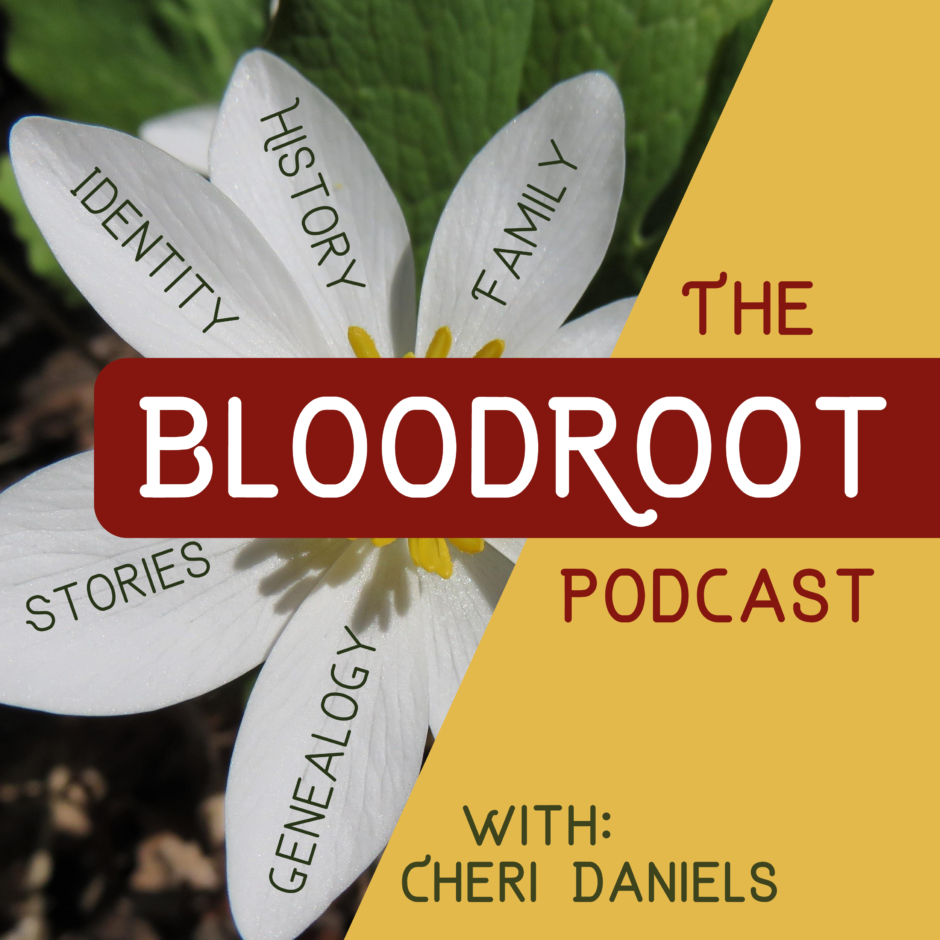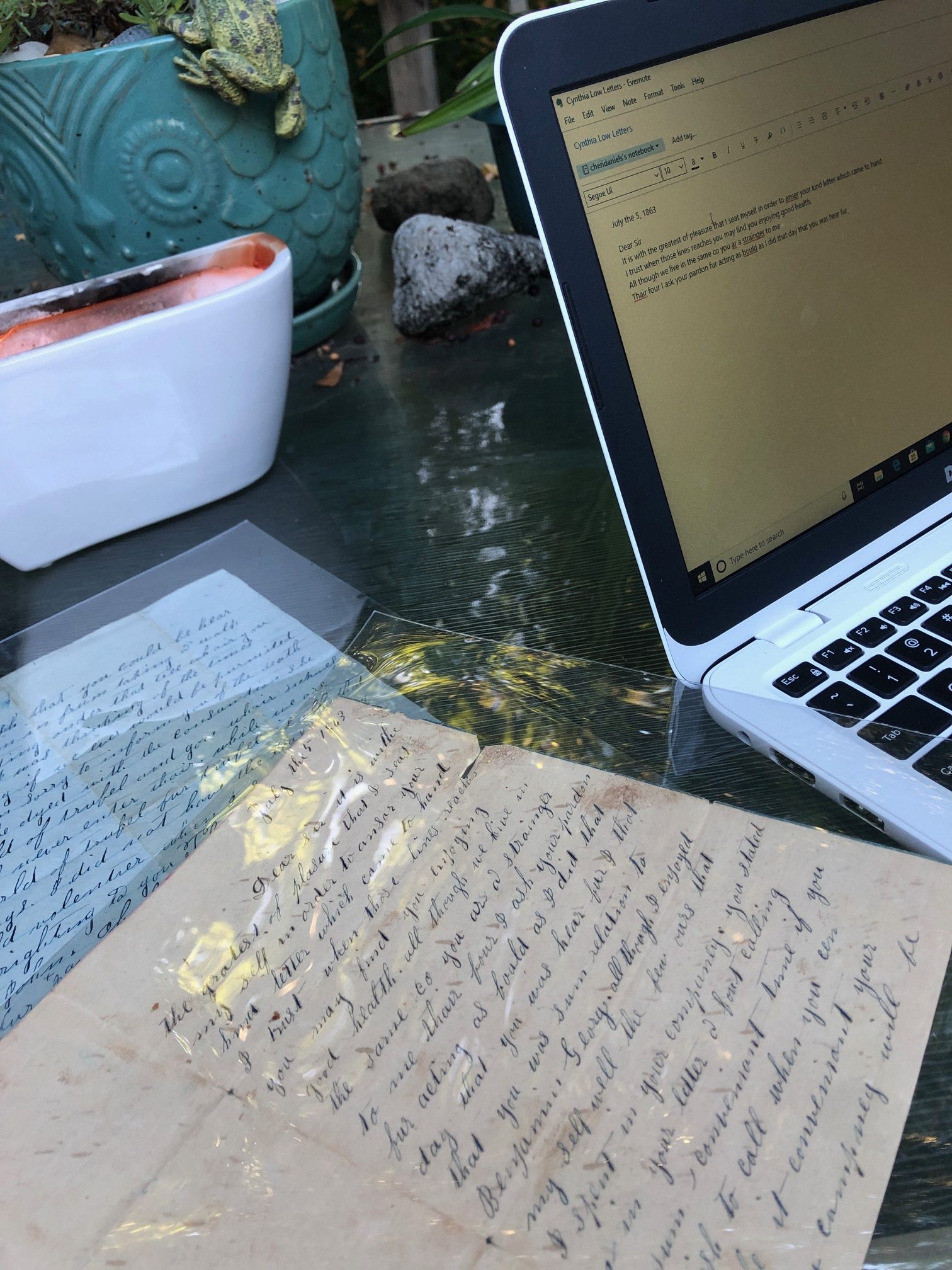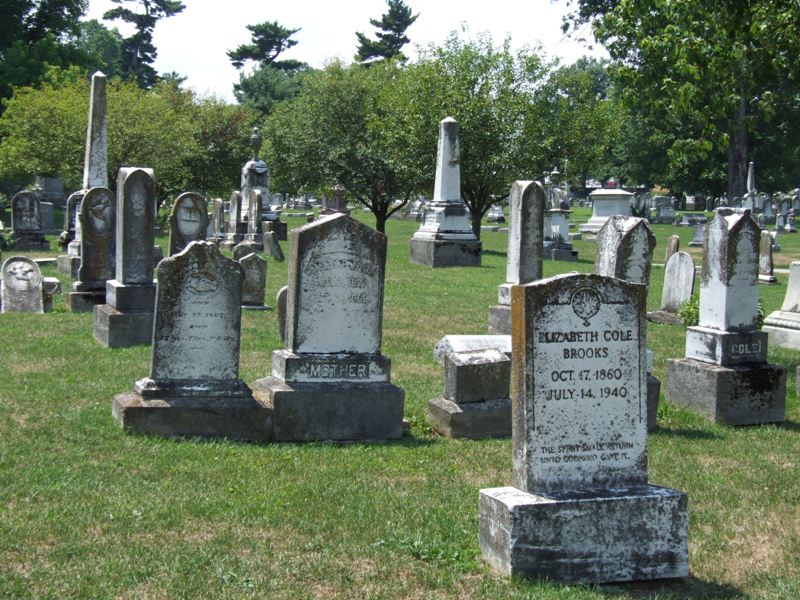 As many of you know, Episode 7 of the BloodRoot Podcast featured the website Find a Grave, and a couple of its lingering issues. Namely, the site design flaw that allows people to add the recently deceased to the database regardless of connection to the family. Since its creation, Find a Grave members have been able to add entries for the recently deceased even when no familial connection existed. When these instances happened, family members were faced with another level of emotional trauma on top of their current grief. They were then forced to request the management of their loved one’s entry from a stranger, and hope that the request was honored. Last fall, Episode 7 featured guest genealogist, Daniel Loftus, as he shared his efforts to urge Find a Grave to finally make a change in this area. A change that many voices had asked for over the years.
As many of you know, Episode 7 of the BloodRoot Podcast featured the website Find a Grave, and a couple of its lingering issues. Namely, the site design flaw that allows people to add the recently deceased to the database regardless of connection to the family. Since its creation, Find a Grave members have been able to add entries for the recently deceased even when no familial connection existed. When these instances happened, family members were faced with another level of emotional trauma on top of their current grief. They were then forced to request the management of their loved one’s entry from a stranger, and hope that the request was honored. Last fall, Episode 7 featured guest genealogist, Daniel Loftus, as he shared his efforts to urge Find a Grave to finally make a change in this area. A change that many voices had asked for over the years.
As a follow-up: I am happy to report that this January, Find a Grave announced new changes to rectify this situation. Within the first year after a death, anyone can add the memorial, but those who are related to the deceased will have a much easier management shift if they so desire – at least for 3 months. Within that first three months, a relative can request the management change without asking for permission. If they would like a memorial transferred to them after the three month mark, the request for management process remains the same as it has been all these years. For more information about all of these changes in detail, their official notice is linked below. Again, special thanks to Daniel Loftus, our guest from Episode 7 who had fanned the flames of change, and became one of the loud voices that garnered results. Well done!
As for the Find a Grave acronym issue also covered in Episode 7, we have not heard any news in this area. However, there have been a few waves of social media grumbles urging long overdue changes. To reiterate my stance, I am not in favor of a full name change, but I believe Find a Grave can easily act responsibly and redesign a logo that includes their official initials as FG. They also need to take the lead and refer to themselves in any acronym usage as FG. Over time, this would clearly catch on with users and resolve the issue. I fear that if they do not listen to this advice, the outcry for outright name change may become deafening. Again, when faced with the choice, choose kindness.
If you’d like to listen to Episode 7 to learn more about Daniel’s story and his work with Find a Grave, just click the episode link below, or look for the BloodRoot Podcast via your favorite listening platforms.
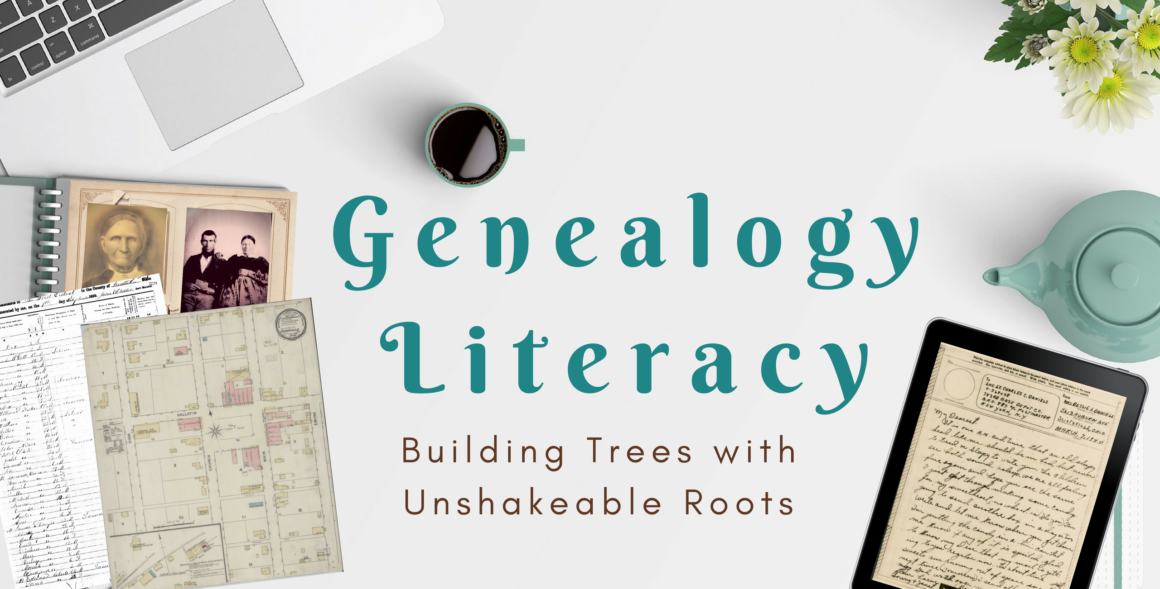
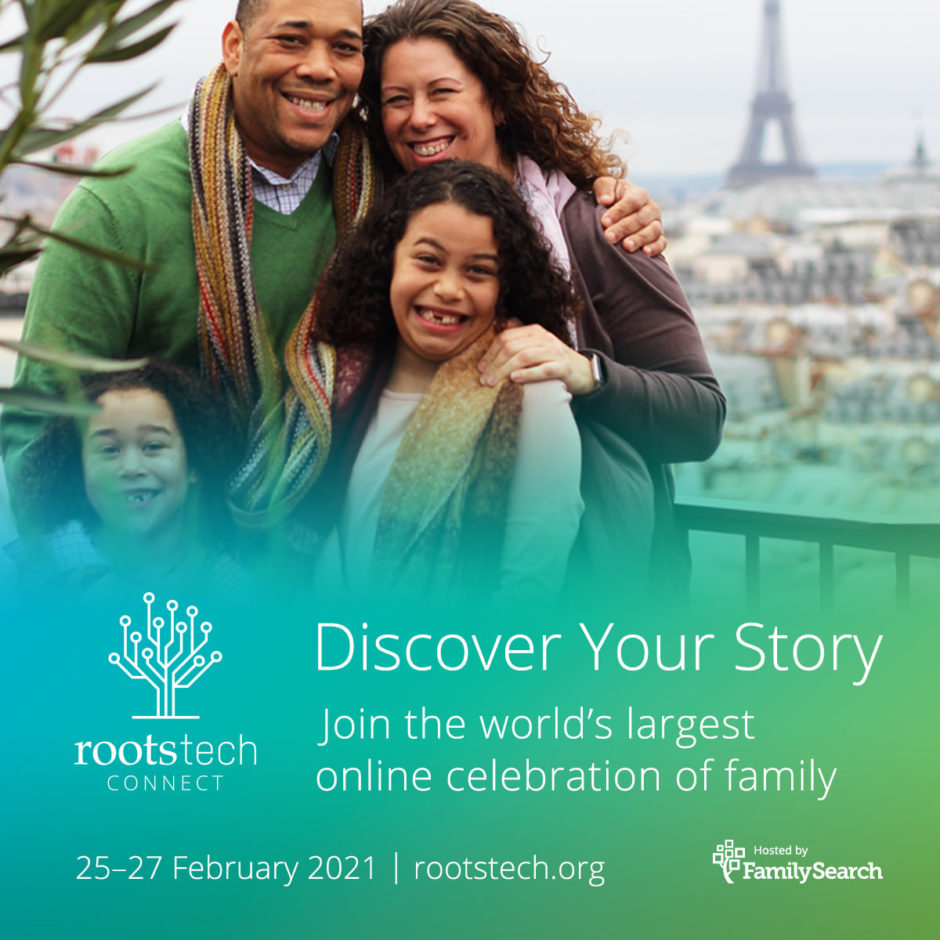
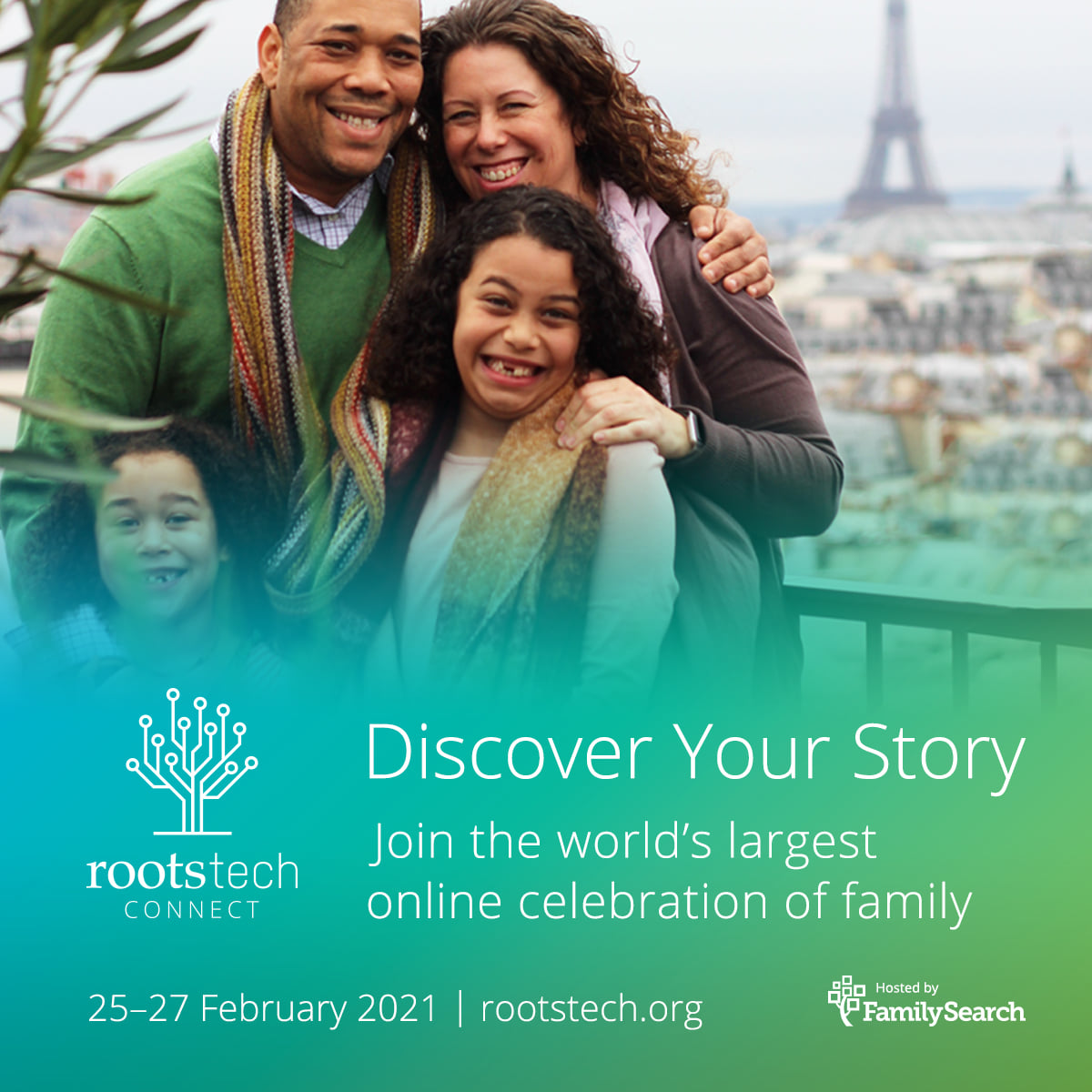 As most of you know, the RootsTech Conference has been transformed into a FREE virtual world-wide event for 2021 – Called
As most of you know, the RootsTech Conference has been transformed into a FREE virtual world-wide event for 2021 – Called 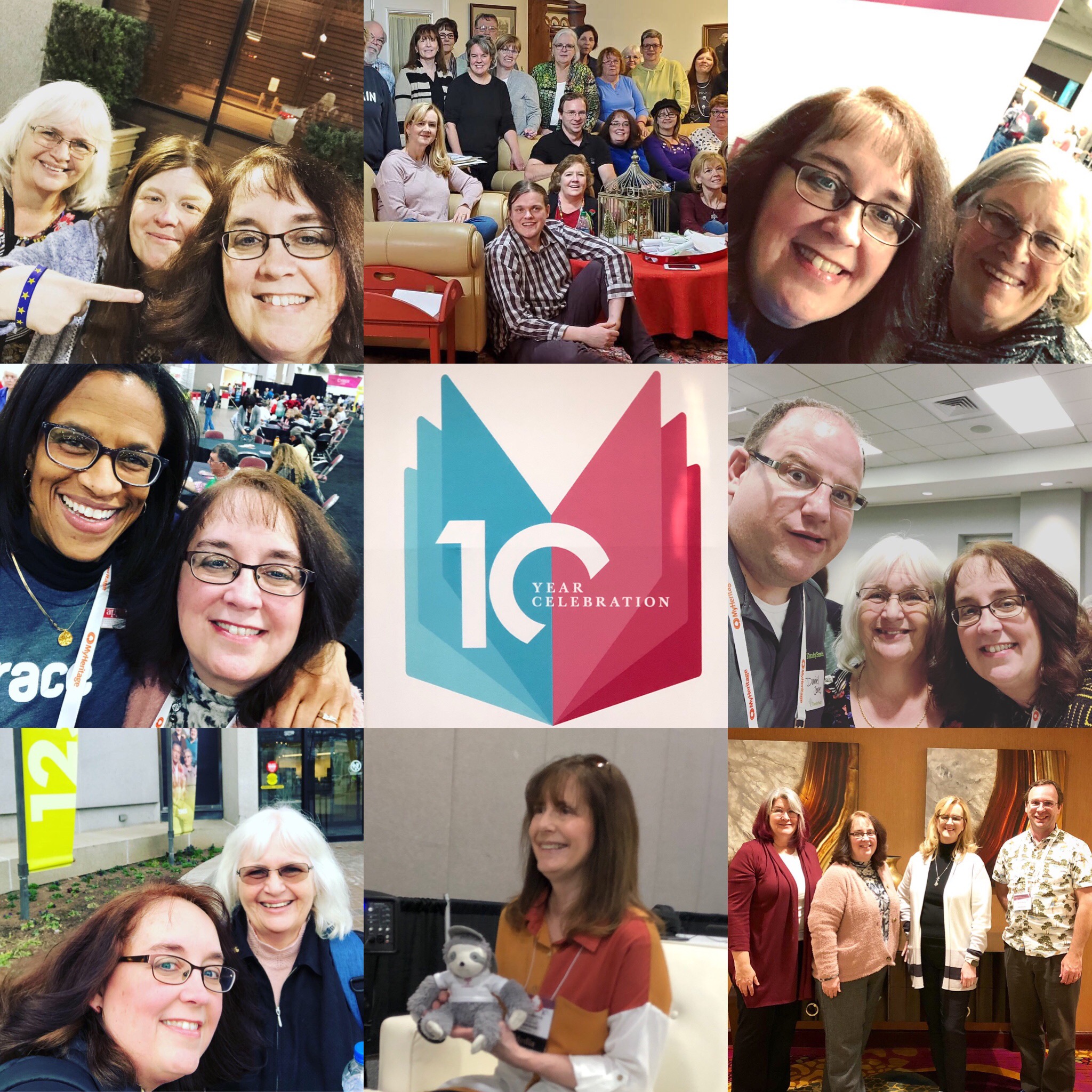 This time last year, many of us were happily traipsing around the Salt Palace in downtown Salt Lake City – wallowing in genealogy bliss – oblivious to the approaching Pandemic storm. Those memories will always be very poignant as the years progress, because as soon as we all got home, the world shut down. And indeed, I believe our world changed forever in many ways. One of the largest changes to hit was the inability to travel or gather in large groups. Effectively removing the on-site conference experience.
This time last year, many of us were happily traipsing around the Salt Palace in downtown Salt Lake City – wallowing in genealogy bliss – oblivious to the approaching Pandemic storm. Those memories will always be very poignant as the years progress, because as soon as we all got home, the world shut down. And indeed, I believe our world changed forever in many ways. One of the largest changes to hit was the inability to travel or gather in large groups. Effectively removing the on-site conference experience.
